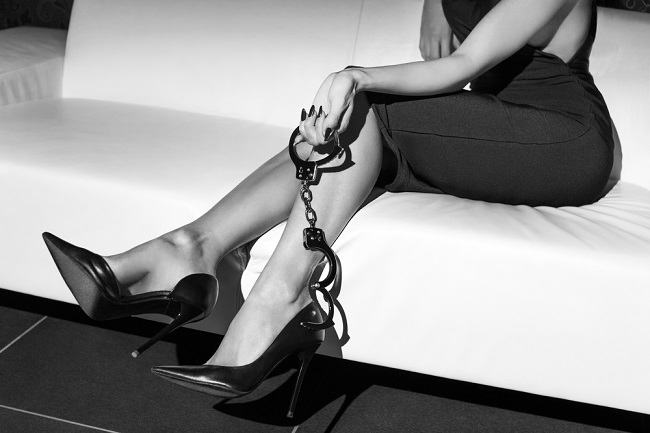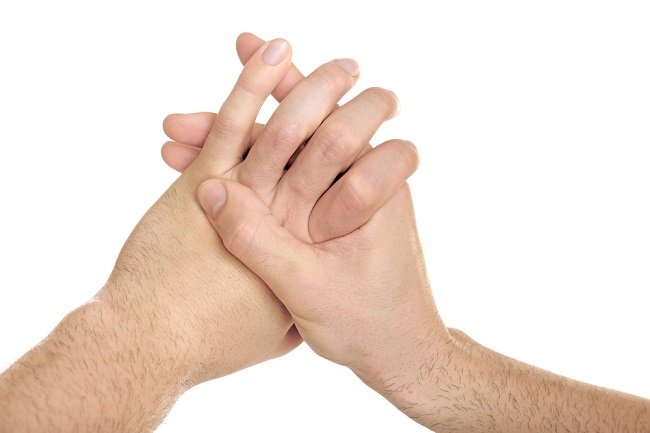Kleptomania is characterized by an irresistible urge to steal things. Handling steps are needed to control this behavior. Thus, the sufferer can avoid the dangers and entanglements of the law.
For a kleptomaniac, the act of stealing is not because they need or want the item, but because they are unable to resist the urge to steal. The stolen goods are actually able to be bought by themselves or even have no economic value at all.

Kleptomania itself is classified as a mental disorder that is triggered by emotional problems or self-control. People who have impulse control disorders like this will find it difficult to resist the temptation or the urge to take harmful actions.
Signs of Kleptomania
A person can be said to be kleptomaniac if he has the following signs:
1. Steal anywhere
The irresistible urge to steal can be carried out anywhere. Usually, a kleptomaniac steals in crowded locations such as supermarkets or shops. However, not infrequently they can also steal in private places, such as the homes of friends or relatives.
2. Feel the rising tension before stealing
Before stealing, people with kleptomania usually feel so intense tension. The sense of tension that is present is associated with an uncontrollable impulse control disorder.
3. Feel relieved and happy after stealing
A kleptomaniac will feel relieved, happy, or even satisfied after stealing something. However, they may also immediately feel ashamed, guilty, regretful, self-loathing, or have a fear of being arrested.
4. Never use stolen items
Items stolen by a kleptomaniac are often simply put away, stored, or given back to someone else. In fact, not infrequently the stolen goods are returned to their owners secretly.
5. Has a stealing urge that disappears and rises
The urge to steal in a person with kleptomania can come and go. Theft can also occur with greater or lesser intensity over time. In addition, the theft committed by kleptomaniacs is not based on hallucinations, delusions, anger, or revenge reasons.
The exact cause of kleptomania is not known. However, this condition is thought to be related to genetic factors and disturbances in the balance of hormones in the brain, namely serotonin and dopamine hormones.
In fact, people with kleptomania sometimes also have other psychiatric disorders, such as depression, excessive anxiety, personality disorders, mood disorders, or eating disorders.
How to Overcome Kleptomania
Kleptomania is a mental disorder that cannot be taken lightly. If left untreated, kleptomania can cause suffering for sufferers and their families.
Some people with kleptomania endure the shame of the disorder. In fact, they are afraid that they will be arrested and imprisoned, so they do not dare to seek professional help.
Until now, there is no specific drug that can cure kleptomania. However, treatment with psychotherapy and medication can suppress the urge to steal in people with kleptomania.
Therapy for kleptomania is generally aimed at finding out the psychological problems that trigger it. Types of therapy that can be used to treat kleptomania include:
- Cognitive behavioral therapy
- Family counseling therapy
- Psychodynamic
- Behavior modification therapy
Usually, these therapies can be done individually or in groups.
In addition to therapy, a series of drugs are also given to complement psychological therapy for people with kleptomania. The drugs used include: fluoxetine, fluvoxamine, paroxetine, and sertraline, which can increase the serotonin hormone in the brain.
If you or someone you know is suspected of having kleptomania, you should immediately consult a psychiatrist or psychologist. This disorder is important to be treated immediately, given the high moral, social, and legal risks that kleptomania sufferers can face in the community.









